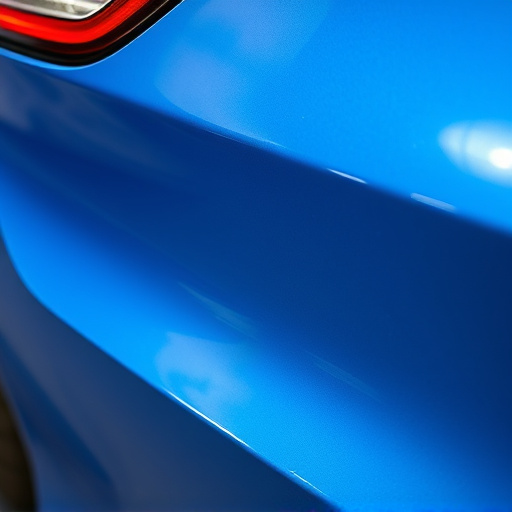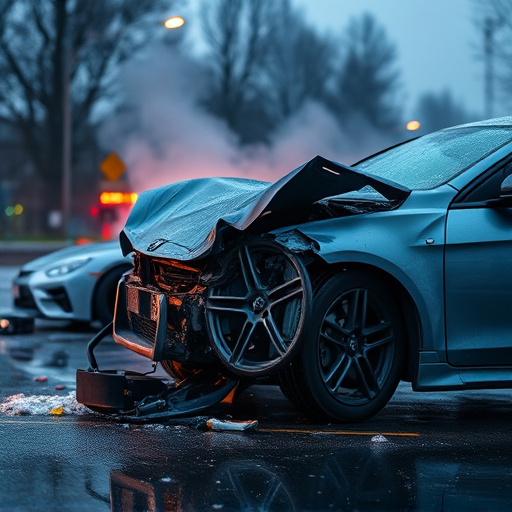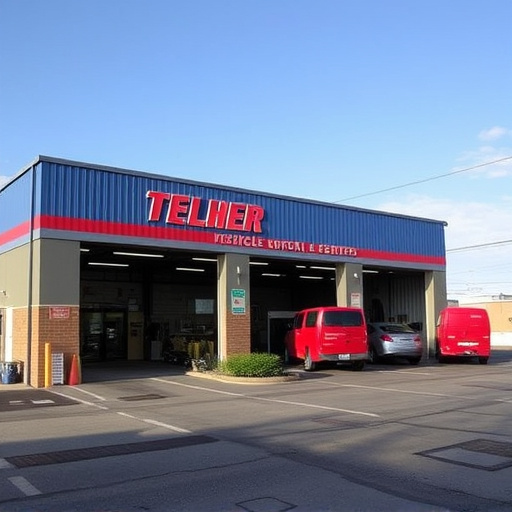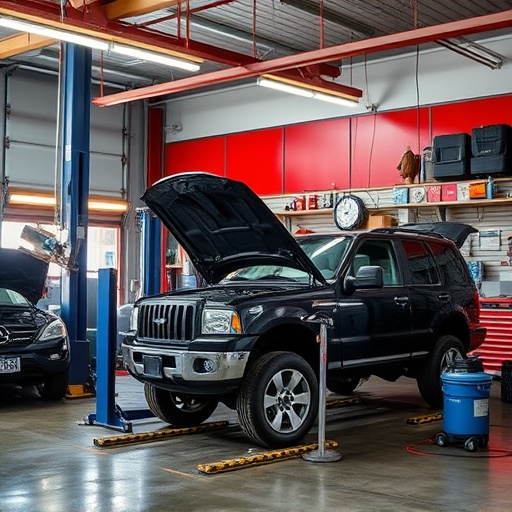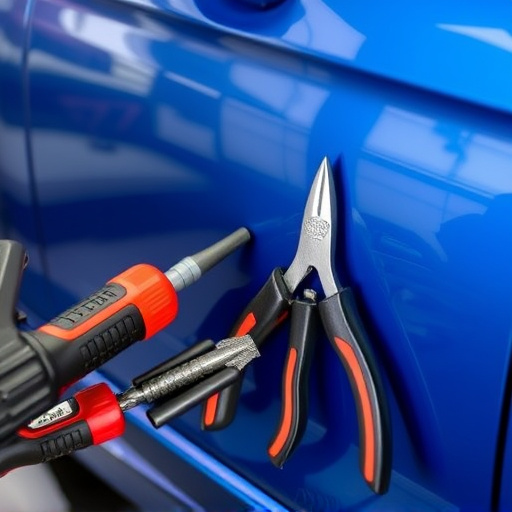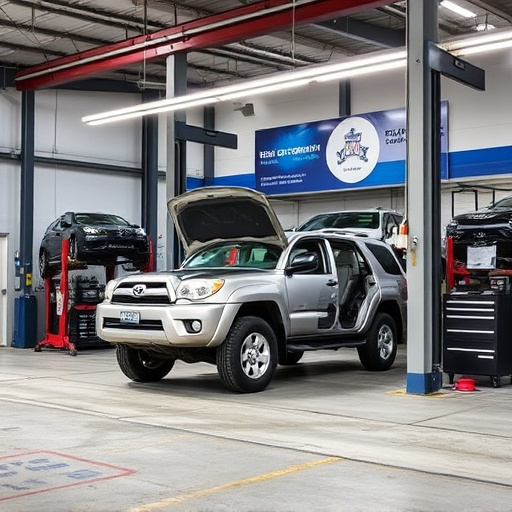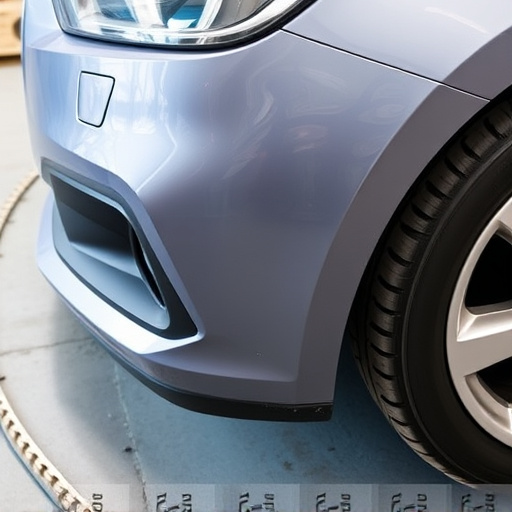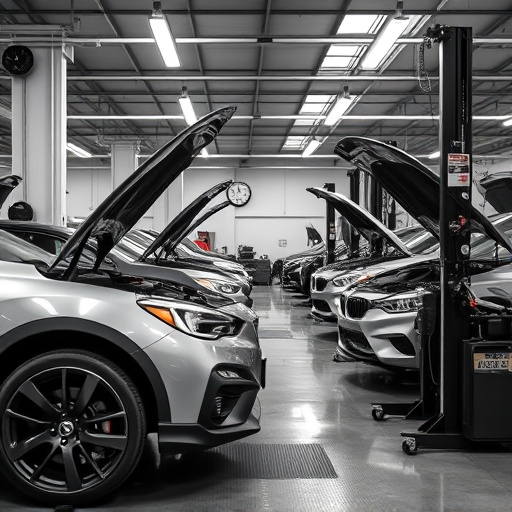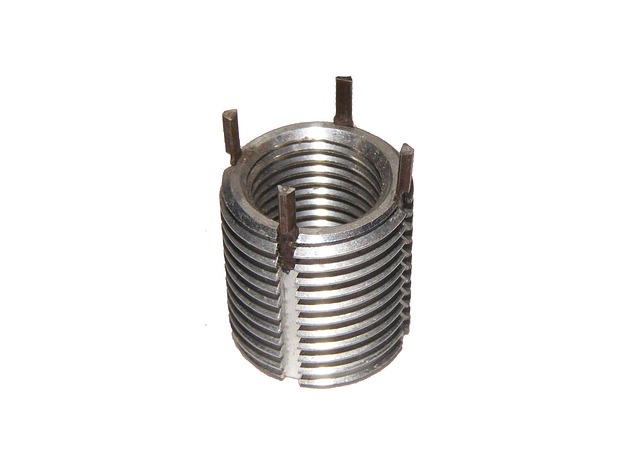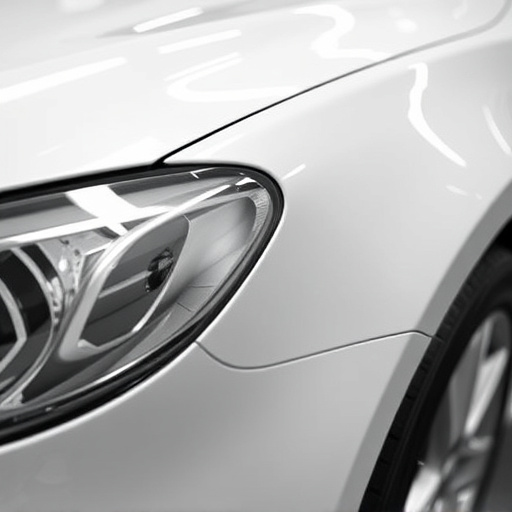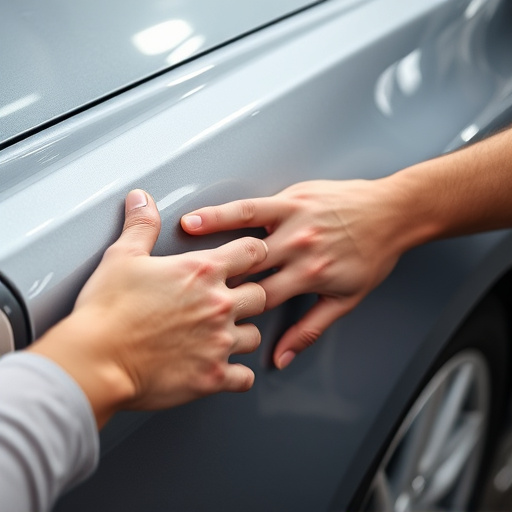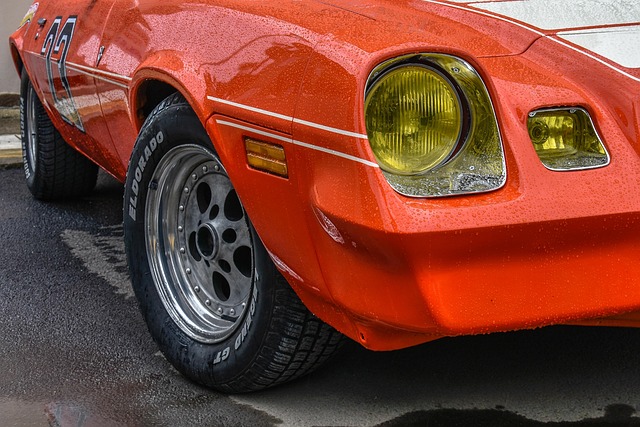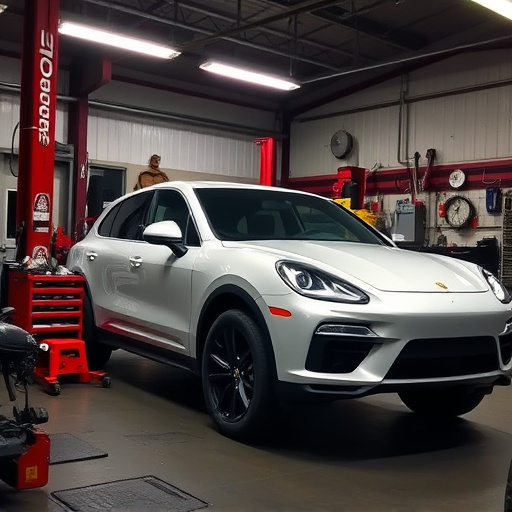Repair quality measurements are vital for auto body repair shops to maintain excellence, ensure precise work, satisfy customers, and differentiate themselves in a competitive market. Effective implementation includes setting clear standards, defining measurable criteria, standardized procedures, regular quality control, peer reviews, and advanced technologies like 3D measurement systems, fostering a culture of commitment to flawless outcomes.
In the collision repair industry, ensuring quality is paramount to fostering customer satisfaction and trust. Repair Quality Measurements (RQM) play a pivotal role in this process, offering standardized assessments of a repair’s accuracy and craftsmanship. This article delves into the significance of RQM, exploring how they impact client trust and business success. We also provide best practices for implementing effective RQM strategies, guiding shops towards higher quality standards and stronger customer relationships.
- Understanding Repair Quality Measurements
- Impact on Customer Satisfaction and Trust
- Best Practices for Effective Implementation
Understanding Repair Quality Measurements

Repair quality measurements are crucial aspects of ensuring top-tier vehicle repair services. These metrics go beyond simple visual inspection, delving into specific standards and specifications to guarantee that auto body repairs are done accurately and reliably. By quantifying various parameters such as paint consistency, panel alignment, and structural integrity, repair quality measurements provide a systematic approach to assess the effectiveness of auto maintenance procedures.
Accurate measurements not only uphold the aesthetics of vehicles but also ensure their safety and performance. In the realm of auto body repair, achieving precise results is paramount. It demands a meticulous process that considers every detail, from the application of paint to the replacement of components. Through consistent and detailed repair quality measurements, workshops can maintain high standards, foster customer satisfaction, and ultimately stand out in a competitive market, offering superior vehicle repair services.
Impact on Customer Satisfaction and Trust

In today’s competitive market, automotive repair shops must strive for excellence to maintain customer satisfaction and build trust. Repair quality measurements play a pivotal role in achieving this goal. By implementing rigorous standards and consistent evaluation processes, shops can ensure that every car scratch repair, auto glass replacement, and car restoration service meets or exceeds expectations.
When customers receive high-quality repairs, it fosters a sense of confidence and loyalty. Positive experiences with collision work, facilitated by meticulous repair quality measurements, can lead to repeat business and referrals. Conversely, subpar workmanship or inconsistencies in repairs can severely impact customer trust, resulting in negative reviews and damaged reputations. Therefore, adopting robust repair quality measurements is not just a best practice; it’s an imperative for long-term success in the industry.
Best Practices for Effective Implementation

Implementing effective repair quality measurements is key to ensuring top-tier car collision repair and vehicle body repair services. Best practices involve establishing clear, consistent standards across all aspects of vehicle dent repair and body work. This includes defining measurable criteria for every repair step, from initial assessment to final inspection. Standardized procedures, training, and ongoing education ensure that all technicians are adept at using the latest tools and techniques for precise repairs.
Regular quality control checks and peer reviews further reinforce excellence in car collision repair. Utilizing advanced technologies, such as 3D measurement systems, can provide detailed data on repair accuracy. This allows for continuous improvement by identifying areas where adjustments are needed. A culture of quality should be cultivated where every team member is committed to achieving flawless outcomes in every vehicle body repair project.
Repair quality measurements are indispensable tools for ensuring collision work meets high standards. By implementing these metrics, shops can significantly enhance customer satisfaction and trust. Adhering to best practices for effective implementation allows professionals to consistently deliver top-quality repairs, fostering a reputation for excellence and ensuring long-term success in the competitive automotive industry.
